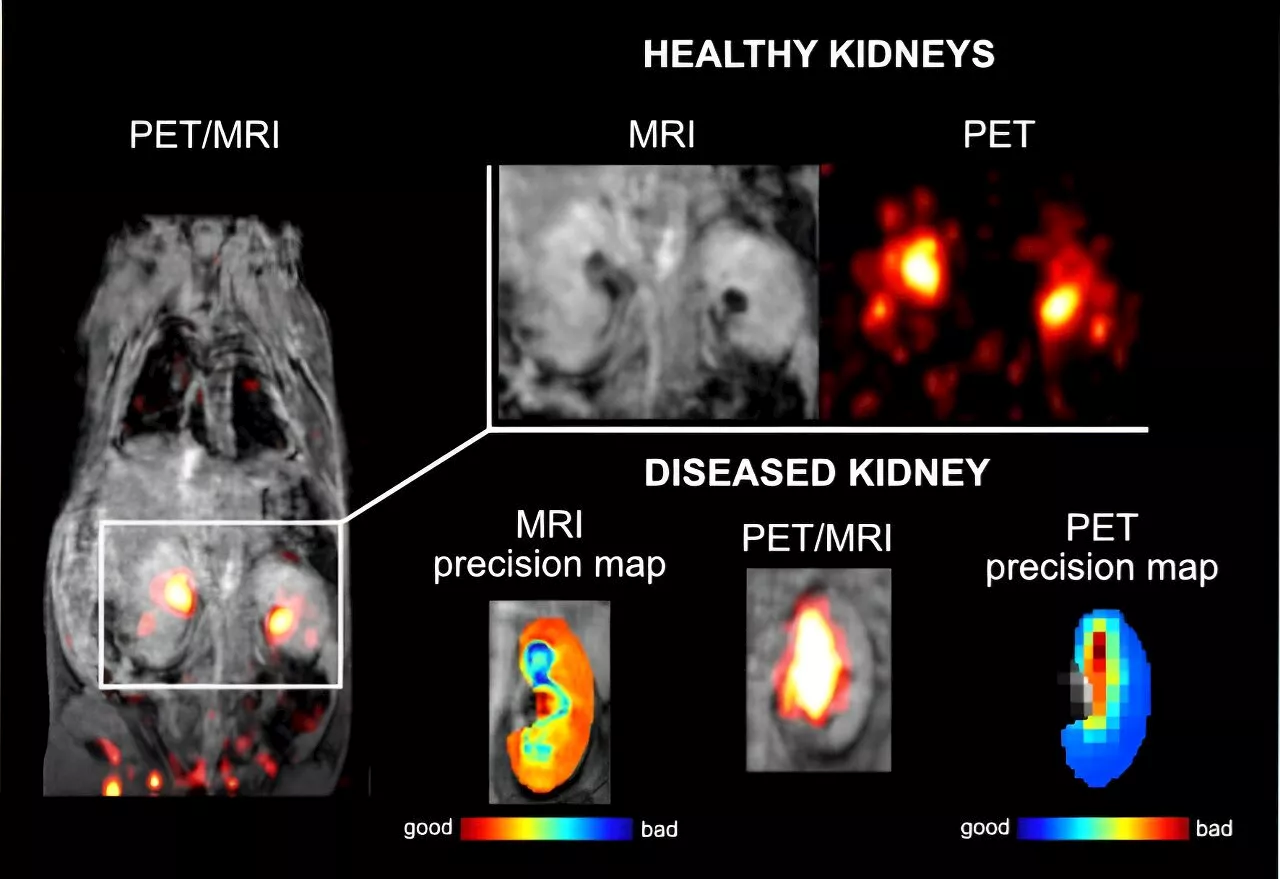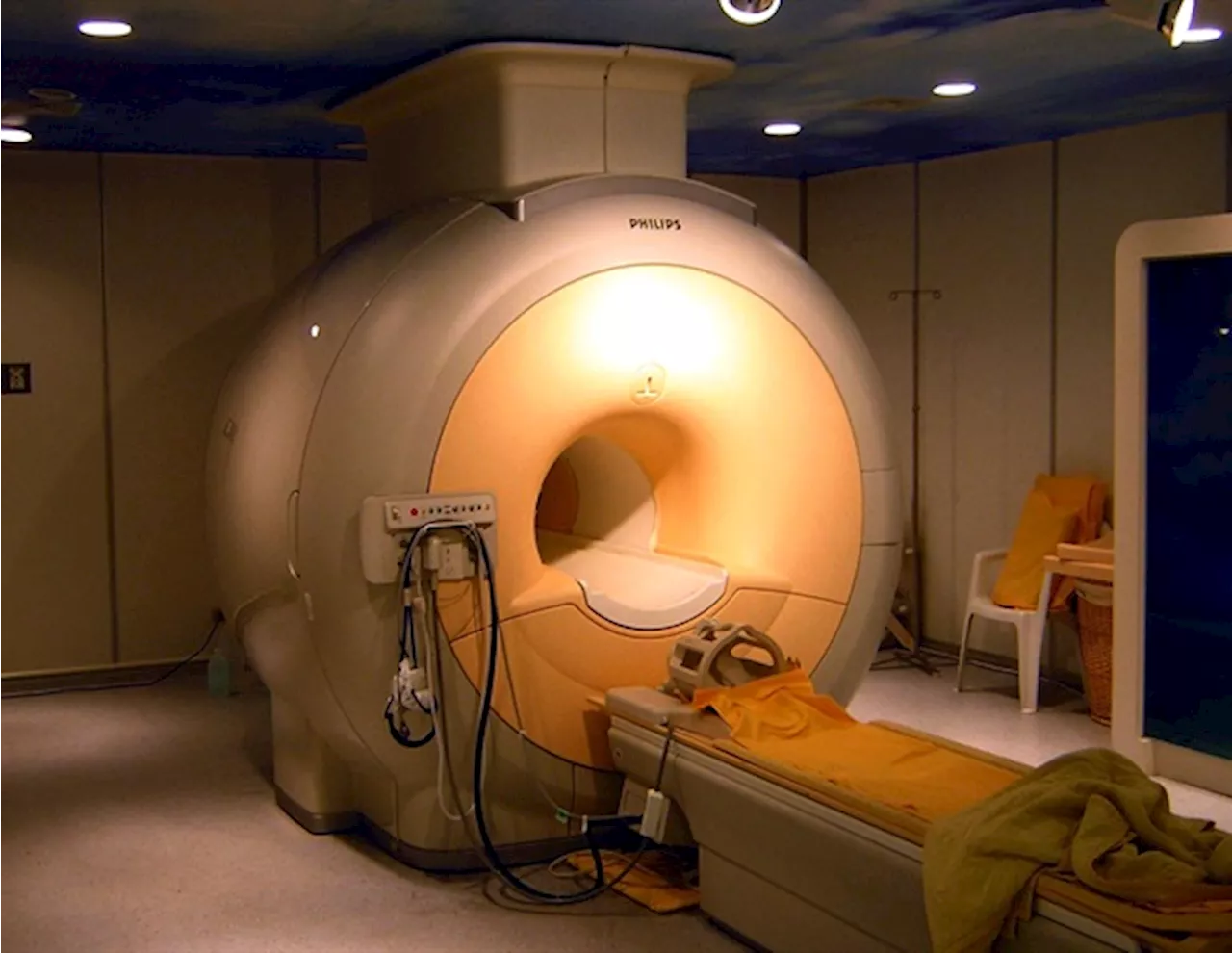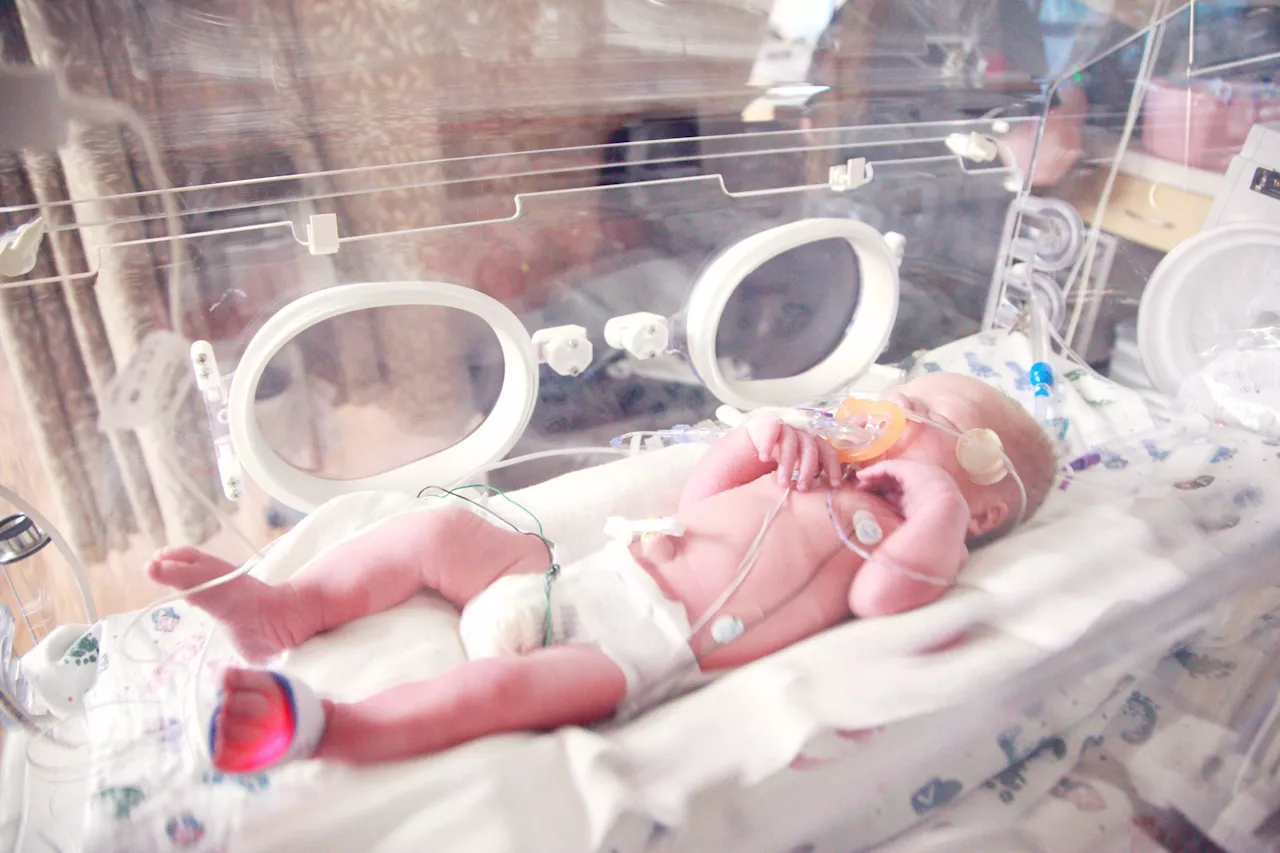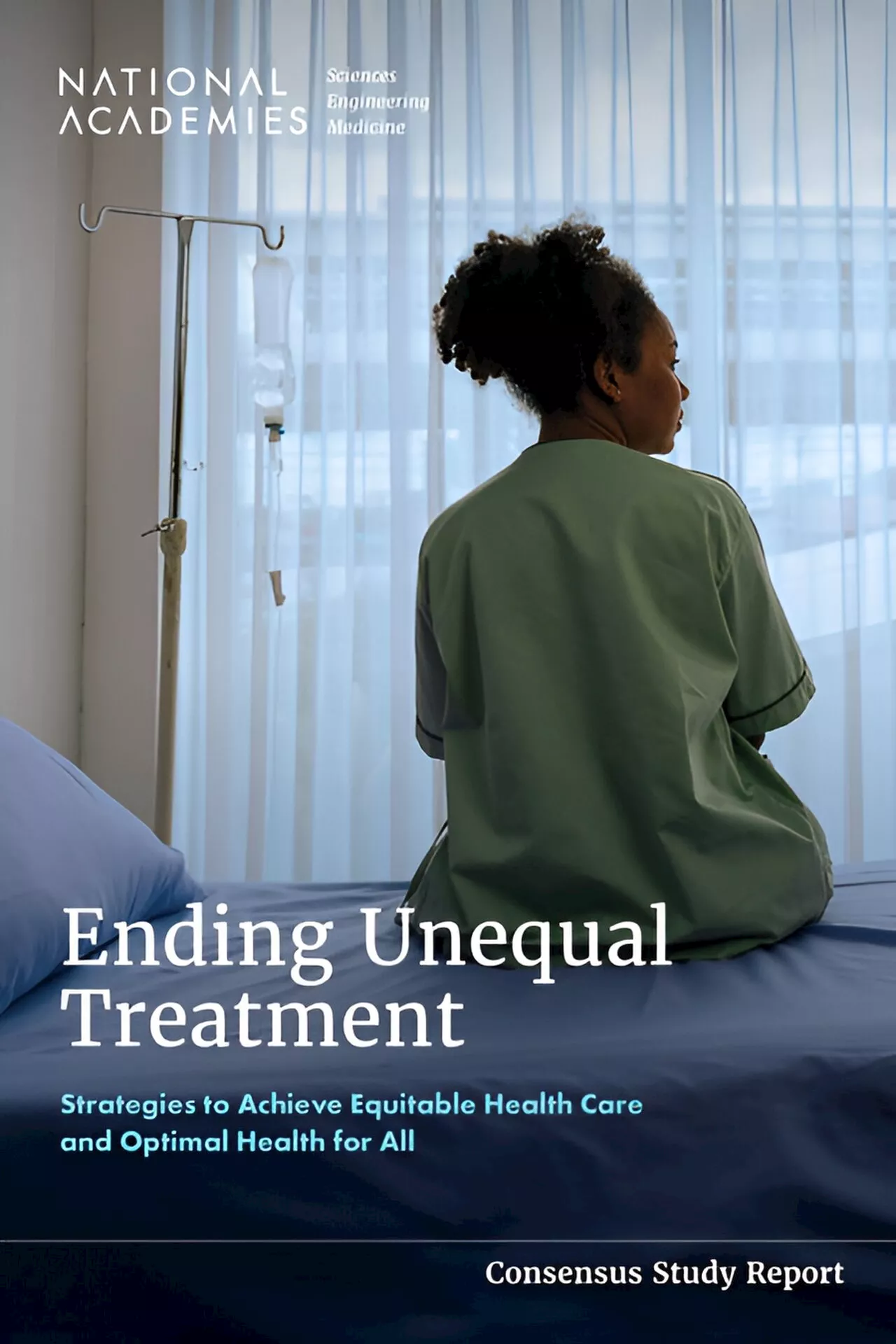New Corewell Health™ research suggests an MRI scan can help predict whether patients with intermediate-risk prostate cancer (cancer confined to the entire prostate) may have more aggressive cancer in five years.
Corewell HealthAug 7 2024 New Corewell Health™ research suggests an MRI scan can help predict whether patients with intermediate-risk prostate cancer may have more aggressive cancer in five years. Knowing this could potentially help doctors determine if treatment is needed up front vs. using a method called active surveillance where the disease is closely monitored over time. The study, recently published in the Journal of Urology , is the first to evaluate this risk group.
While active surveillance is the standard of care for low-risk patients, it's been unclear whether patients with a slower-growing form of intermediate-risk prostate cancer should be carefully watched or undergo immediate treatment. Our data suggests that an MRI can show suspicious lesions based on size and markers of tumor aggression, which may help doctors differentiate a treatment path for these patients.
In the study, about 1,500 low- and intermediate-risk patients across Michigan were examined to determine if individuals with suspicious findings on an MRI test returned with a more advanced stage of the disease within five years. Here's what the study found:
Prostate Prostate Cancer Hospital Imaging Research Surgery Urology
United Kingdom Latest News, United Kingdom Headlines
Similar News:You can also read news stories similar to this one that we have collected from other news sources.
 New PET/MRI probe promises early discovery of covert diseasesA research team from IOCB Prague, working in collaboration with the University of Tübingen, Germany, and the Faculty of Science, Charles University, has developed a new type of contrast agent that can be used in both magnetic resonance imaging (MRI) and positron emission tomography (PET).
New PET/MRI probe promises early discovery of covert diseasesA research team from IOCB Prague, working in collaboration with the University of Tübingen, Germany, and the Faculty of Science, Charles University, has developed a new type of contrast agent that can be used in both magnetic resonance imaging (MRI) and positron emission tomography (PET).
Read more »
 New dual-purpose contrast agent revolutionizes PET and MRI integration for enhanced diagnosis A Research...A research team from IOCB Prague, working in collaboration with the University of Tübingen, Germany, and the Faculty of Science, Charles University, has developed a new type of contrast agent that can be used in both magnetic resonance imaging (MRI) and positron emission tomography (PET).
New dual-purpose contrast agent revolutionizes PET and MRI integration for enhanced diagnosis A Research...A research team from IOCB Prague, working in collaboration with the University of Tübingen, Germany, and the Faculty of Science, Charles University, has developed a new type of contrast agent that can be used in both magnetic resonance imaging (MRI) and positron emission tomography (PET).
Read more »
 What can America do to make health care and health outcomes more equal?In 2003, Americans learned just how unequal health care in the United States really was.
What can America do to make health care and health outcomes more equal?In 2003, Americans learned just how unequal health care in the United States really was.
Read more »
 Pandemic health behaviors linked to rise in neonatal health issuesStudies show that social distancing and other public health measures during the COVID-19 pandemic effectively reduced the spread of the deadly virus. However, they had unanticipated effects such as reduced health care accessibility and utilization, especially in high-risk populations.
Pandemic health behaviors linked to rise in neonatal health issuesStudies show that social distancing and other public health measures during the COVID-19 pandemic effectively reduced the spread of the deadly virus. However, they had unanticipated effects such as reduced health care accessibility and utilization, especially in high-risk populations.
Read more »
 Ending unequal treatment: Strategies to achieve equitable health care and optimal health for allOn June 26, 2024, the National Academies of Science, Engineering, and Medicine (NASEM) released a new report examining health care inequities that persist in the U.S. titled 'Ending Unequal Treatment: Strategies to Achieve Equitable Health Care and Optimal Health for All.
Ending unequal treatment: Strategies to achieve equitable health care and optimal health for allOn June 26, 2024, the National Academies of Science, Engineering, and Medicine (NASEM) released a new report examining health care inequities that persist in the U.S. titled 'Ending Unequal Treatment: Strategies to Achieve Equitable Health Care and Optimal Health for All.
Read more »
 Reducing child poverty in England would significantly boost child health and narrow health inequalitiesRenewed efforts to reduce child poverty in England between now and 2033, such as removing the 2-child limit on child benefits, would significantly boost several aspects of child health and narrow health inequalities across the country, finds research published online in the Journal of Epidemiology & Community Health.
Reducing child poverty in England would significantly boost child health and narrow health inequalitiesRenewed efforts to reduce child poverty in England between now and 2033, such as removing the 2-child limit on child benefits, would significantly boost several aspects of child health and narrow health inequalities across the country, finds research published online in the Journal of Epidemiology & Community Health.
Read more »
